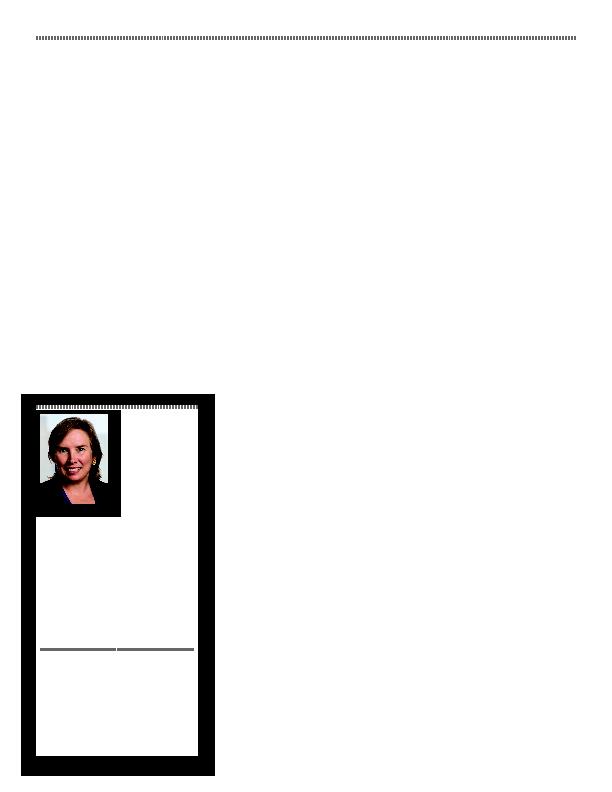
is Coming to a Jurisdiction Near You
leave time has been a discretionary
benefit that employers could choose to
offer, or not. In most states and at the
federal level, sick leave and other forms
of paid time off were matters of employer
policy and/or collective bargaining, not
state and federal law. On the one hand,
employers had the flexibility to design a
benefit system that was appropriate for
their business; on the other, employees
who needed time off for serious illness or
to care for a family member had little or
no legal protection.
the Family Medical Leave Act (FMLA),
which provides a maximum of 12 weeks
of unpaid job-protected leave annually to
an employee who is absent because of his
or her own serious health condition or that
of a family member. The FMLA applies
to employers with 50 or more employees.
States are free to enact their own, more
expansive standards, and many have done
so over the years.
Now in 2017, paid leave programs
of various kinds are popping up in
cities and states throughout the country.
Some of these programs are targeted at
providing paid sick leave to employees;
others address both paid sick leave and
family medical leave. As more and more
states enact their own paid leave laws,
employers with employees in multiple
jurisdictions may find themselves subject
to a variety of requirements with little
rhyme or reason.
This past spring, the White House
expressed interest in enacting some form
of federal paid family leave, and a rumor
is circulating that House Republicans
may introduce a bill to exempt employers
who provide a certain amount of paid
leave time from the growing patchwork
of city and state laws. This article will
review in depth the provisions of the New
York Paid Family Leave Law, which is
scheduled to take effect January 1, 2018.
of States Offering Mandatory
Paid Family Leave
join California, New Jersey and Rhode
Island in implementing a comprehensive
paid family leave benefit covering most
funded, job-protected, paid leave benefit
will be mandatory for private sector
employees (unless they opt-out--see
below), while public-sector employers
will be able to opt their employees in
if they choose. Collectively-bargained
employees can only be excluded if they
have access to a benefit that is at least
as favorable as the state-mandated paid
family leave law (PFLL).
Unlike the FMLA, this new law will
apply to most private sector employers
in New York regardless of how many
employees they have. Employers who are
accustomed to administering leave under
the FMLA will find many of the PFLL
provisions familiar. Smaller employers
may be more challenged by aspects of
this law. Employees will need education
regarding this new benefit and how it can
be used. Aligning existing leave laws and
benefits with the new PFLL will present
challenges to all.
The PFLL will be administered by
the Workers Compensation Board, which
issued proposed regulations on February
22, 2017. Revisions to the proposed
regulations, with an additional 30-day
comment period, were issued in May, and
the regulations were finalized July 10.
program. Under the PFLL, leave time
can be used only for a family illness or
other specified situations, including:
members with serious health
conditions
labor and employment litigation and consultation
for clients throughout upstate New York and
nationally. Her areas of expertise encompass
a wide range of employment-focused legal
matters, including ERISA, the Affordable Care Act
("Obamacare"), wage and hour matters including
class and collective actions, harassment and
discrimination cases, and labor union arbitrations.
2 State Street, Suite 1000
Rochester, New York 14614
trevettcristo.com